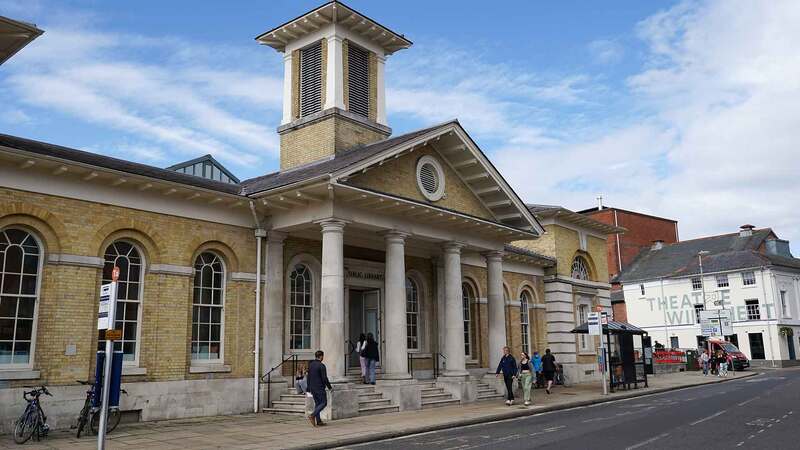Post-pandemic libraries
YOU’VE REACHED YOUR ARTICLE LIMIT
Sign in or register below for free to unlock 2 articles each month and receive personalised newsletters to your inbox.
OR
Help support our journalism and subscribe with unlimited access.
Subscribe from less than £3.50, and you'll receive:
- Every issue of The Bookseller magazine
- Unlimited access to thebookseller.com (single user)
- The Bookseller e-edition app for tablet and mobile
- Subscriber-only newsletters
- Twice yearly Buyer's Guides worth £30
- Discounts on The Bookseller awards and conferences









